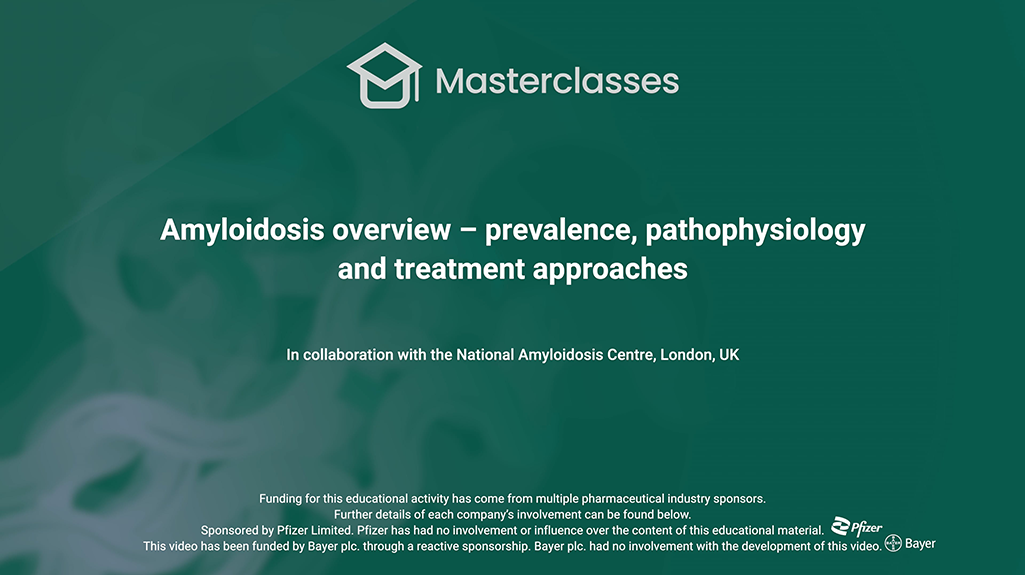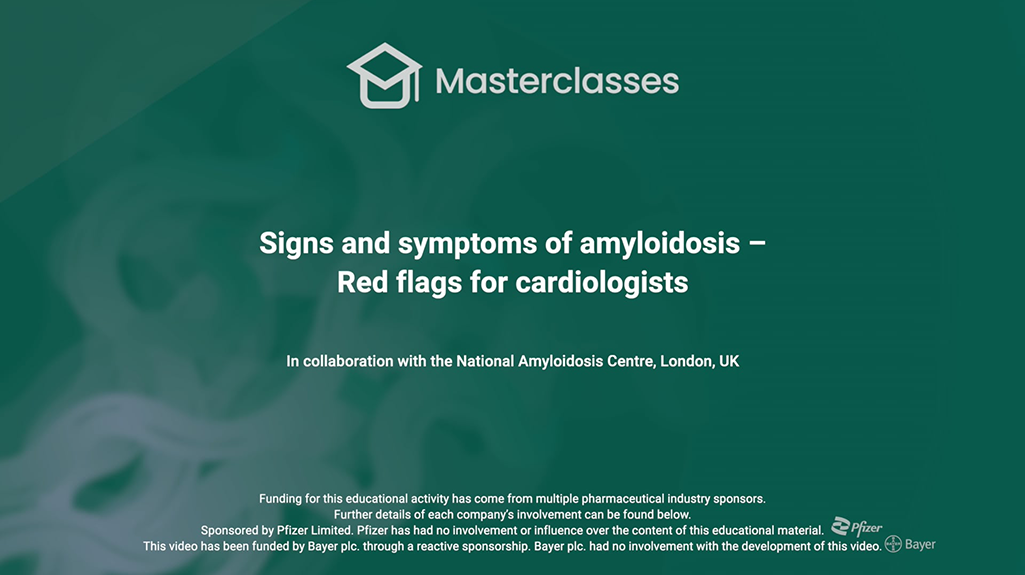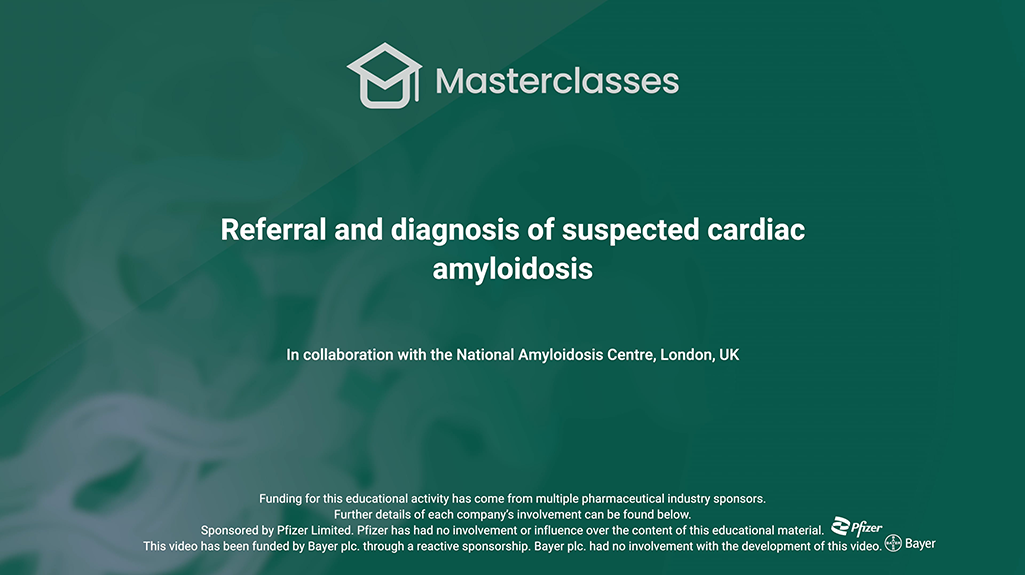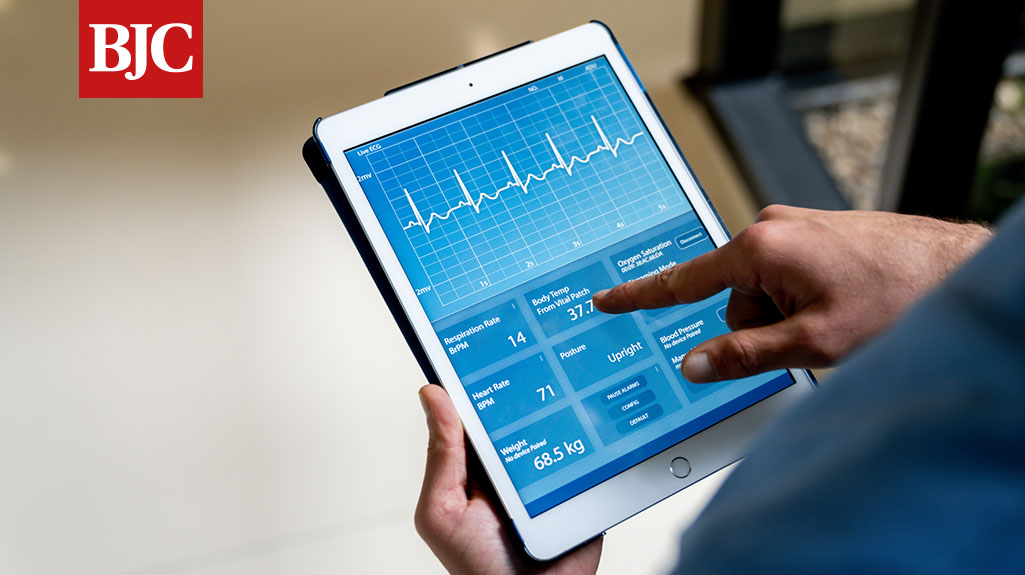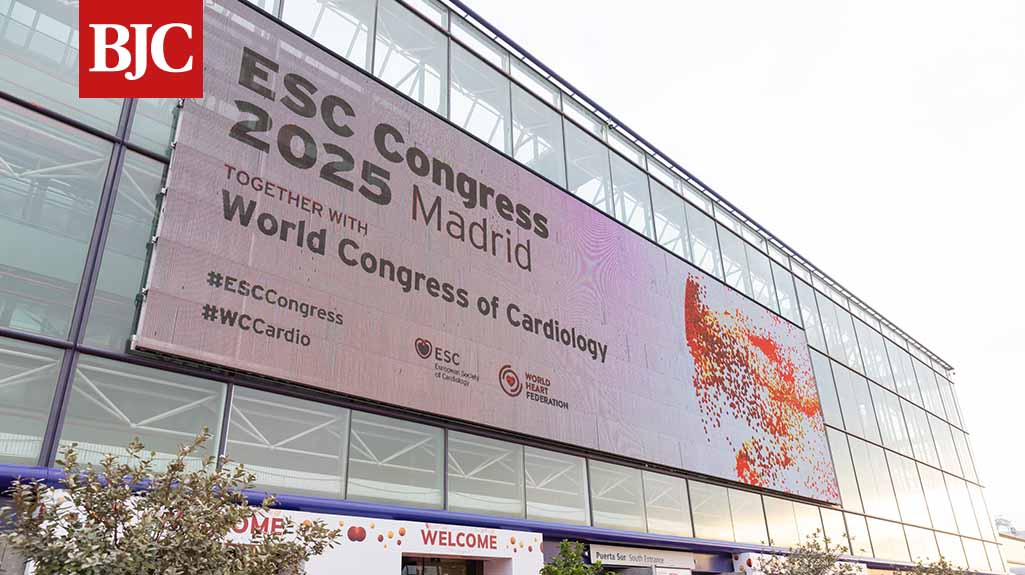Speaker
Priya Reehal Cardiology-oncology Clinical Nurse Specialist, Royal Brompton Hospital, London
Learning objectives
- To discover the important role that cardio-oncology has to play as a sub-specialty of cardiology
- To learn about cardiovascular toxicity as a growing medical problem due to increased cancer survival rates and cancer treatment-related toxicity
- To gain an understanding of the role of the clinical nurse specialist in cardio-oncology and the need for more centres of excellence across the UK
- To develop an awareness of the red flags that you should be aware of during cancer treatment which may indicate the need for cardio-oncology intervention.



